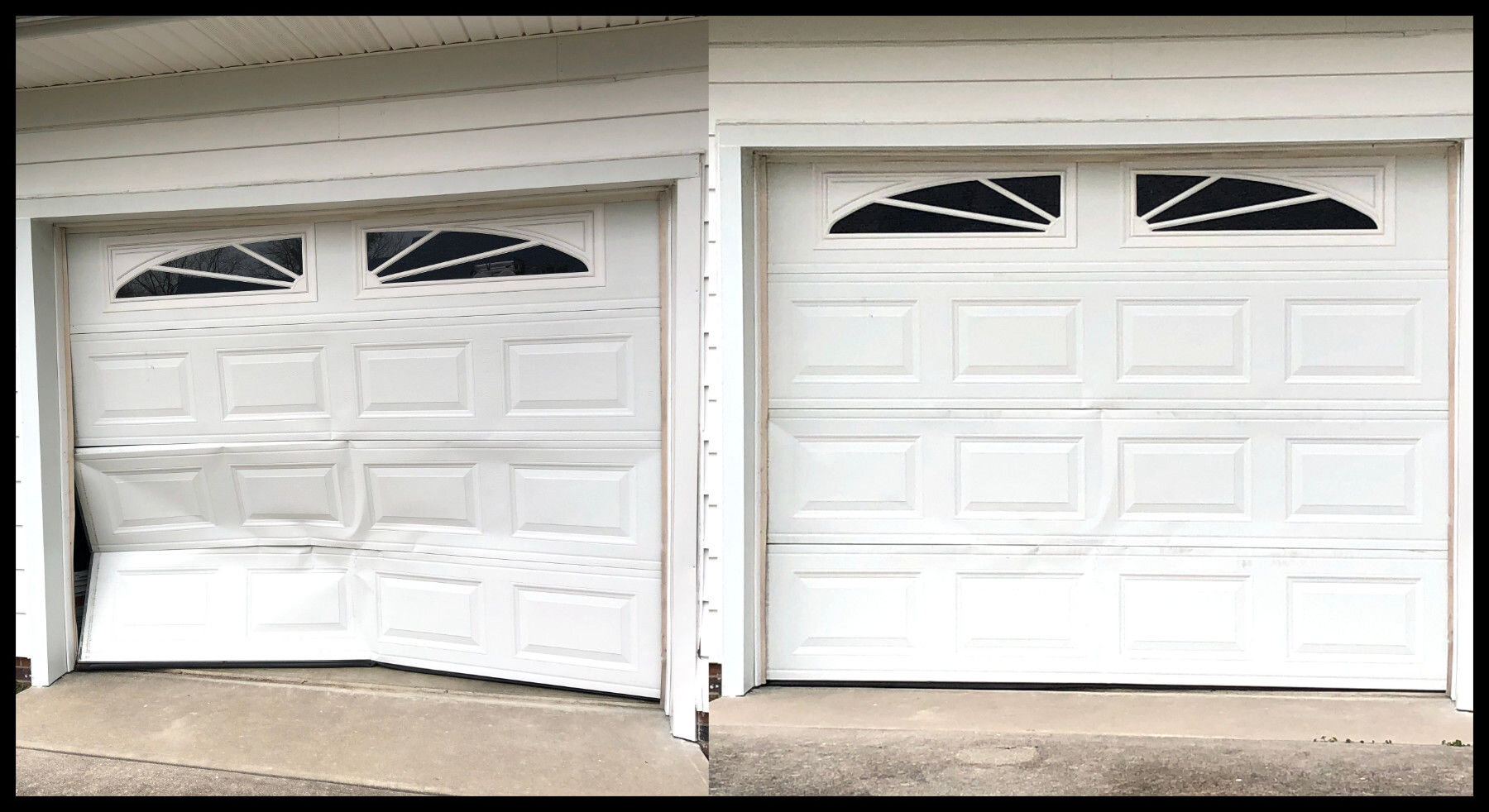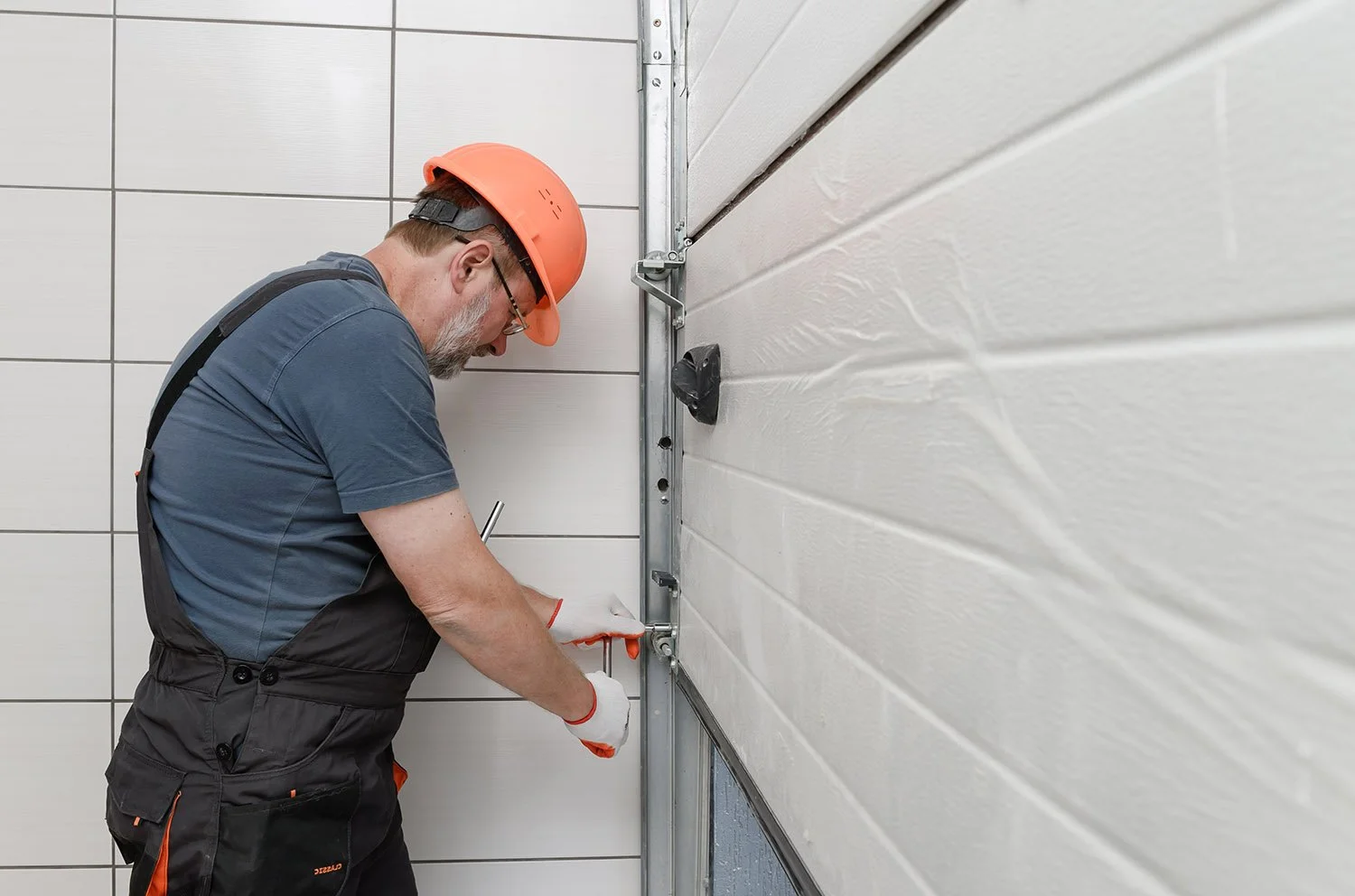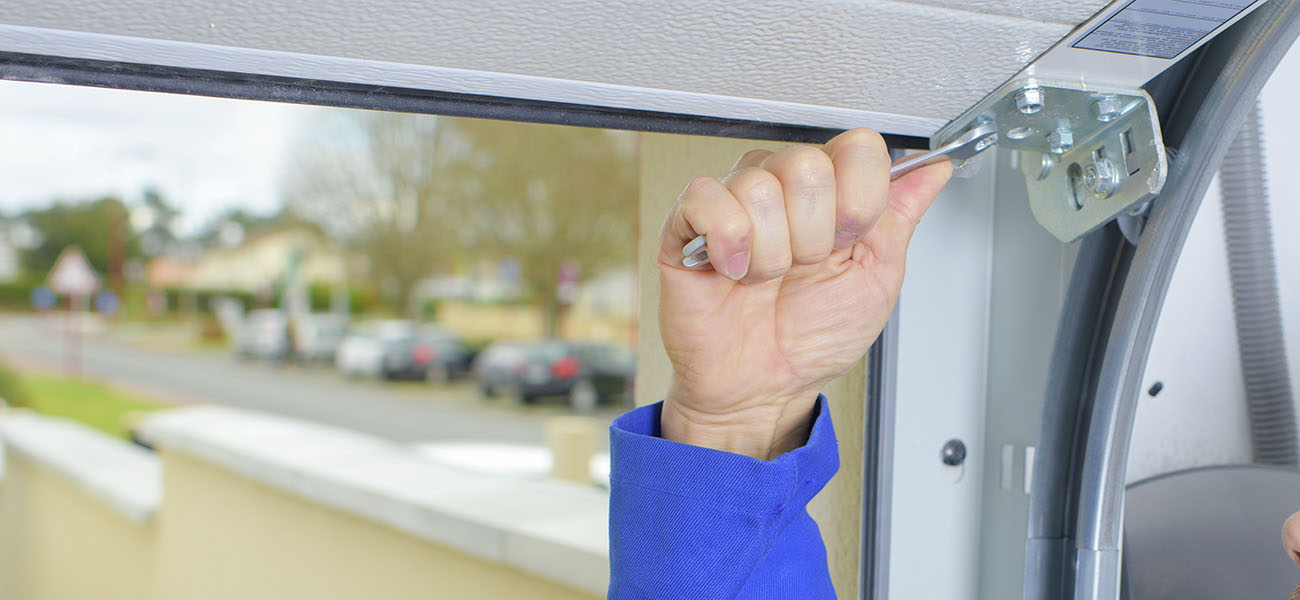Garage Door Emergency Release Reseda 24-Hour Garage Door Service

One of probably the most telltale indicators of a defective garage door sensor is if the door does not close utterly. Instead of fully closing, the door may reverse and open once more when it senses an object. In some circumstances, you could notice that the garage door initiates closing but then shortly reverses again up. This habits may be attributed to misaligned sensors, allowing them to falsely interpret an obstruction.

Physical obstruction is one other factor to consider. Dirty or blocked sensors may not operate correctly. Check to see if there might be any filth, debris, or spider webs obstructing the sensor lenses. A easy cleaning might resolve the problem. Using a soft material, gently wipe the lenses to ensure they're clear and free of any obstacles.
Garage Door Opener Repair Reseda Professional Garage Door Installation
A malfunctioning garage door opener remote can sometimes be misdiagnosed as a sensor concern. If the remote fails to speak with the garage door, it’s value testing the sensors instantly. Use the wall button to open and close the door. If the door operates normally with the wall swap but not with the remote, the problem could lie with the remote itself.
Testing the sensors directly might help decide their operational status. To do this, you must use an object to block the sensor beam while the door is closing. If the door reverses upon sensing the obstruction, the sensors are doubtless functioning accurately. If the door continues to close without reversing, this signifies a problem with one or each of the sensors.
Environmental components may also affect sensor performance. If the sensors are uncovered to heavy rain, snow, or excessive warmth, they may malfunction. Even humidity can play a role in sensor reliability. If the weather has been notably harsh, think about whether or not these situations could be impacting your sensors.
Electrical issues also can lead to sensor malfunction. Inspect the wiring connecting the sensors to the garage door opener. Look for frayed or broken wires, which may stop the sensors from receiving energy or speaking correctly with the garage door system. If the wiring seems good, verify the ability provide to the opener itself.
Garage Door Repair Near Me Reseda Garage Door Roller Repair
In some cases, internal malfunctions could happen throughout the sensors. Over time, the inner mechanisms can put on out, resulting in surprising failures. If cleansing and changes don't yield constructive results, sensor replacement could also be one of the best course of action (Garage Door Motor Upgrade Reseda CA). Many garage door sensors are relatively inexpensive and simple to replace.
In addition, it might be prudent to seek the guidance of the manufacturer’s handbook for specific troubleshooting tips related to your mannequin. Each garage door system can differ, and the handbook may provide steerage that is notably related to your scenario. Following these guidelines can often enhance the troubleshooting process.
Garage Door Keypad Installation Reseda CA Comprehensive Garage Door Solutions
Regular maintenance can lengthen the lifetime of your garage door sensors. Periodic cleansing, testing, and visible inspections can help catch issues early before they escalate into significant problems. Regular care can make positive that your sensors are in find good working situation, sustaining the security of your garage door operation.

In summary, the significance of knowing tips on how to tell if a garage door sensor is bad cannot be overstated. From evaluating physical obstruction and sensor alignment to testing the wiring and internal components, a range of factors contribute to sensor functionality.
Garage Door Remote Reseda Safe Garage Door Repair Techniques
Regular maintenance, mixed with thorough testing, can even forestall future points (Garage Door Track Alignment Reseda CA). When in doubt, reaching out to professionals can provide reassurance and much-needed experience. Ultimately, guaranteeing that your garage door sensors are functioning correctly enhances the overall security of your home and its computerized systems.
- Check for blinking or strong lights on the sensor; a strong gentle usually indicates normal operation, while blinking might signify an issue.
- Test the alignment of the sensors; misaligned sensors can stop the door from functioning correctly, leading to a potential failure.
- Look for any visible damage or obstructions near the sensors; dust, spider webs, or bodily breakage can intervene with their operation.
- Listen for uncommon sounds when the garage door is operated; grinding or clicking noises can point out sensor malfunction.
- Conduct a manual test by placing an object in the door’s path; if the door doesn't reverse, the sensors may be defective.
- Inspect the wiring related to the sensors for frays or unfastened connections that would disrupt energy provide or performance.
- Evaluate the temperature situations; excessive weather can have an result on sensor efficiency, resulting in momentary points.
- Use a multimeter to verify for energy operating to the sensors; a scarcity of voltage can point out a sensor drawback or wiring problem.
- Consider the age of the sensors; older models may turn into unreliable and better replaced rather than repaired.
- Seek skilled assistance if the issue persists regardless of troubleshooting; an skilled can diagnose issues that is probably not instantly apparent.undefinedHow can I inform if my garage door sensor is malfunctioning?undefinedCheck for a red or amber light on the sensor. If it’s not illuminated or blinking, the sensor could additionally be bad. Additionally, you presumably can manually block the sensor and see if the garage door reacts properly — if it does not reverse, the sensor may want replacement.
What are the widespread indicators of a faulty garage door sensor?undefinedCommon indicators include the garage door failing to close utterly, erratic motion, or not responding to remote instructions. A misaligned sensor may additionally set off these issues, so inspect their positioning as a half of your diagnostic process.
Can a nasty garage door sensor stop the door from closing?undefinedYes, a malfunctioning sensor could cause the garage door to reverse or fail to shut. This is a safety characteristic designed to stop accidents or accidents, so take note of the habits of your garage door.
Garage Door Emergency Release Reseda Emergency Garage Door Repair
How do I clean my garage door sensors?undefinedTo clear garage door sensors, gently wipe the lenses with a delicate, dry material. Avoid utilizing harsh chemical compounds, which might harm the sensor. Regular cleaning can enhance performance and stop sensor-related issues.
What should I do if my garage door sensor is misaligned?undefinedCarefully realign the sensors so they face each other directly. Use a stage to verify their positioning. If imp source aligning them doesn’t resolve the issue, think about looking for skilled help for further inspection.
Garage Door Keypad Installation Reseda CA High-Quality Garage Door Parts
Is it essential to exchange both sensors if one is bad?undefinedWhile it isn't strictly needed to replace both, doing so is advisable. Installing a model new sensor with an old one might result in compatibility points, affecting the garage door's efficiency.
Can weather have an result on the performance of garage door sensors?undefinedYes, excessive weather conditions can impact efficiency. Heavy rain, snow, or humidity might obscure the sensors or affect their alignment. Regular maintenance and inspection during seasonal modifications may help mitigate these results.

Garage Door Opener Repair Reseda Quick Garage Door Tune-Ups
What if my garage door sensor still doesn’t work after replacement?undefinedIf the new sensor doesn’t resolve the issue, examine for wiring issues or seek the advice of a professional technician. There may be extra issues with the garage door opener or other parts that require consideration.